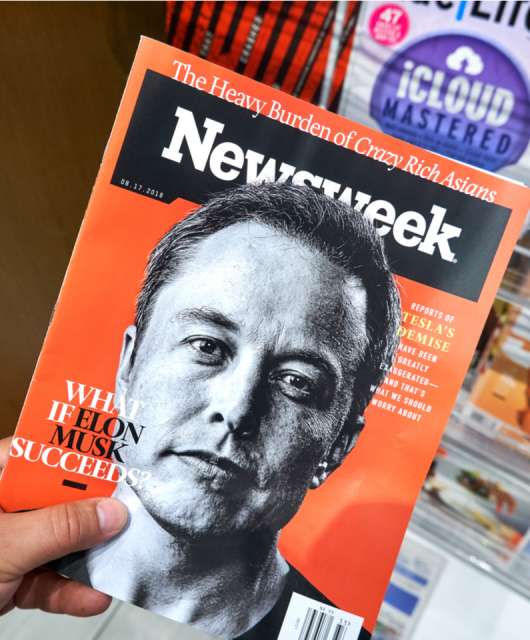Google will delay the elimination of third-party cookies from its Chrome browser to at least the end of 2023, a year later than previously established. The company declared in January last year its intention to abandon by 2022 these files, used to learn about the online behavior of Internet users. This announcement generated great concern in the advertising industry and was met with criticism from lawmakers, regulators and several other online privacy groups.
While the use of technology that tracks users through their activity had been questioned on multiple occasions, Google’s initial plans to terminate them raised a great deal of apprehension. First, online privacy groups pointed out that the tool the company was proposing as a replacement for cookies – a system called Federated Learning of Cohorts, or FLoC – was riddled with potential problems: FLoC involves grouping people based on similar browsing behaviors, meaning that only “cohort IDs” would be used, not individual user IDs.
However, the new system has already received some criticism; several associations have pointed out that the way it is set up gives Google an even bigger share of the digital advertising market, a sector in which they already have more control than any other multinational on the planet. Some web publishers refused to test the tool. Earlier this month several UK regulators threatened to block the whole initiative, claiming that Google’s proposed changes would stifle competition and take revenue away from publishers.
A billion-euro business
Advertising cookies helped create a huge and complex industry led by Google. But these trackers have been challenged by a wave of regulatory laws and privacy changes. Apple Inc. removed third-party cookies from its Safari browser and forced marketers to get consumer permission for tracking. Meanwhile Google has moved more cautiously, mindful of the sheer volume of its own advertising business, as well as the increasing antitrust scrutiny it faces.
The technology giant explains that the initiative (called Privacy Sandbox) was launched to find a solution that protects users’ privacy and allows content to remain freely available on open websites. That’s why the company has stated that this two-year delay is intended to give the digital advertising industry, web publishers and regulators time to get comfortable with its new technology.
“While there’s considerable progress with this initiative, it’s become clear that more time is needed across the ecosystem to get this right.,” wrote Vinay Goel, Chrome’s director of privacy engineering, in a company blog post. “we need to move at a responsible pace. This will allow sufficient time for public discussion on the right solutions, continued engagement with regulators, and for publishers and the advertising industry to migrate their services.” Goel also said that Google will implement cookie removal in two stages: a nine-month trial for web publishers, developers and advertisers starting in late 2022, and then a final three-month period in 2023.








1 comment
Panda do you know about this….Print Nightmare? It is a SEVERE THREAT to all Microsoft products 30/6/21
Microsoft are severely worried and have no idea as to how to close the breach!
Dave